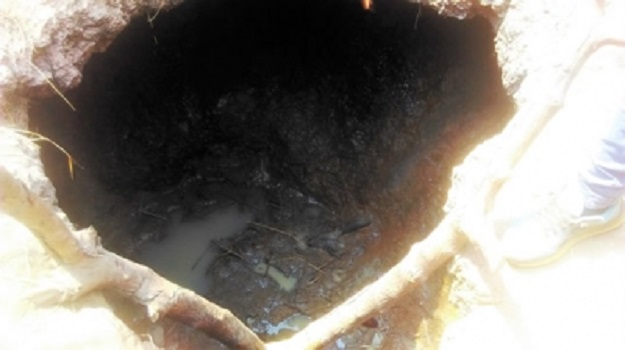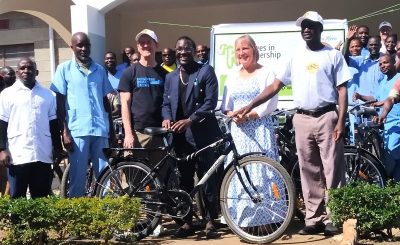Malawians have commemorated World Water Day on March 22 with a call to government authorities and stakeholders to ensure that every one has easy access to clean water.
United Nations Children’s Fund (UNICEF) reports that over 5 million people in Malawi do not have access to safe water.
So far 3,000 under-five children die each year in Malawi from diseases caused by poor sanitation, unsafe water and unhygienic practices.
Almost in all four governments that have come after the one party system of government, provision of portable water to Malawians living in both rural and urban areas has been an issue worth drafting a manifesto on.
For instance, the current administration has time and again pledged continued implementation of projects aimed at providing safe water across the country to attain goal number six of the Sustainable Development Goals by 2030.
However against this aspiration, lack of portable water in the country continues to be a hell challenge than ever.
If truth be told, people in some parts of the country can barely see a drop of water from their tap while women in in the rural areas still have to walk a distance to draw from a borehole.
Current situation
According to people interviewed by YFM from the major cities of Blantyre, Lilongwe and Mzuzu, it is clear that water which was supposed to be a necessity has become a luxurious commodity.
According to one Lilongwe resident, access to water is a big problem including in cities.
“In the rural setting people are still tapping water from ponds and wells. In Lilongwe some areas like Area 24, 23, Kawale and Biwi people still have problems with access to portable water.”
At the moment cases of Cholera continues to haunt and claim lives of many due to usage of untreated water drawn from rivers among other unsafe sources.
According to our sources, government and relevant stakeholders go back to the drawing board and improve the situation.
“Government has to provide sources of water to reach those people in far areas because if people do not access safe water they can suffer from cholera and diarrhea,” a Mzuzu resident said.
World water day which falls on March 22, is this year being observed under the theme “Nature for Water’ exploring nature-based solutions to the water challenges we face in the 21st century.





